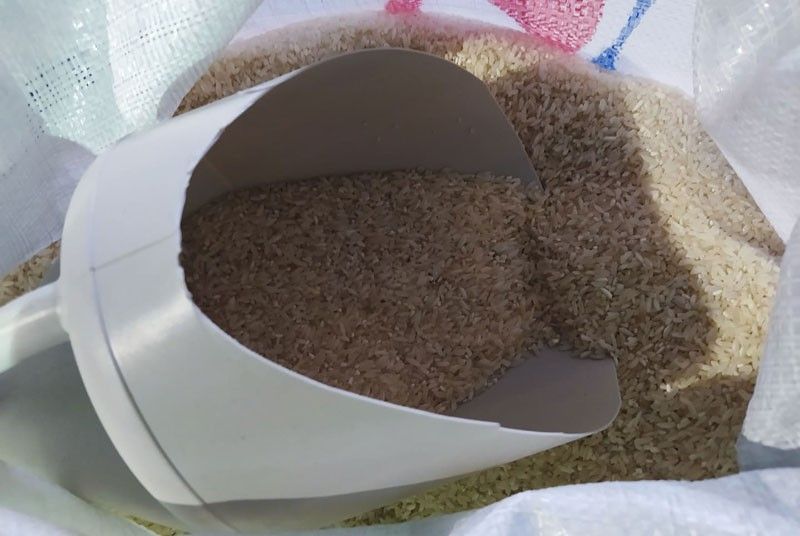Long-term food security in Asean at risk from virus

MANILA, Philippines — International groups have sounded the alarm over long-term food security in Southeast Asia as the world battles the coronavirus disease 2019 or COVID-19.
The International Rice Research Institute (IRRI) and United Nations Food and Agriculture Organization (FAO) said additional concerns are being raised about the longer term health of the sub-region’s food systems as COVID continues to threaten the lives and livelihoods of millions of people in the Association of Southeast Asian Nations.
Asean has a complex matrix of food systems involving farmers, fishers, laborers, drivers, cold storage, food processors, retailers and consumers.
“From small village markets to the large grocery store chains in densely populated cities like Bangkok, Manila and Jakarta, food appears plentiful enough and the initial panic buying has subsided,” they said.
This as most countries have recognized the need to keep food and agricultural supply chains open, and have taken action to achieve that.
“However, the impact of lockdowns and the interruption of the free flow of other goods and services – combined with the lack of available labor – has raised the specter of longer term disruptions to daily life, livelihoods, and cash on hand,” they said.
Rice is the staple food for more than half of the world’s population, with a large portion of the global rice supply being produced, traded, and consumed in Southeast Asia.
While both FAO and the International Food Policy Research Institute have projected sufficient rice stocks in the Asia Pacific region for the rest of the year, the current measures needed to curb COVID outbreaks could cause disruptions to the supply chains critical to ensuring food security.
IRRI director general Matthew Morell highlighted the impact of the crisis on the most vulnerable sectors of the population.
“The crisis is felt widely but unevenly. The impacts of the pandemic pose immense threats to the health of communities already struggling with hunger and on the livelihood of vulnerable groups including farmers,” he said.
FAO noted that innovative research for development, investments in food systems, and implementing evidence-based policy measures to safeguard food systems during and after the pandemic to ensure resilience were all necessary.
“This kind of collaboration is essential for us to work jointly toward realizing the innovations that will be necessary to meet these challenges to our food systems,” FAO Asia and the Pacific deputy regional representative Jong-Jin Kim said.
Over the short term, the lack of economic access to food is a major challenge that must be dealt with and this could mean cash disbursements in some cases and free distribution of food in others.
- Latest
- Trending






























